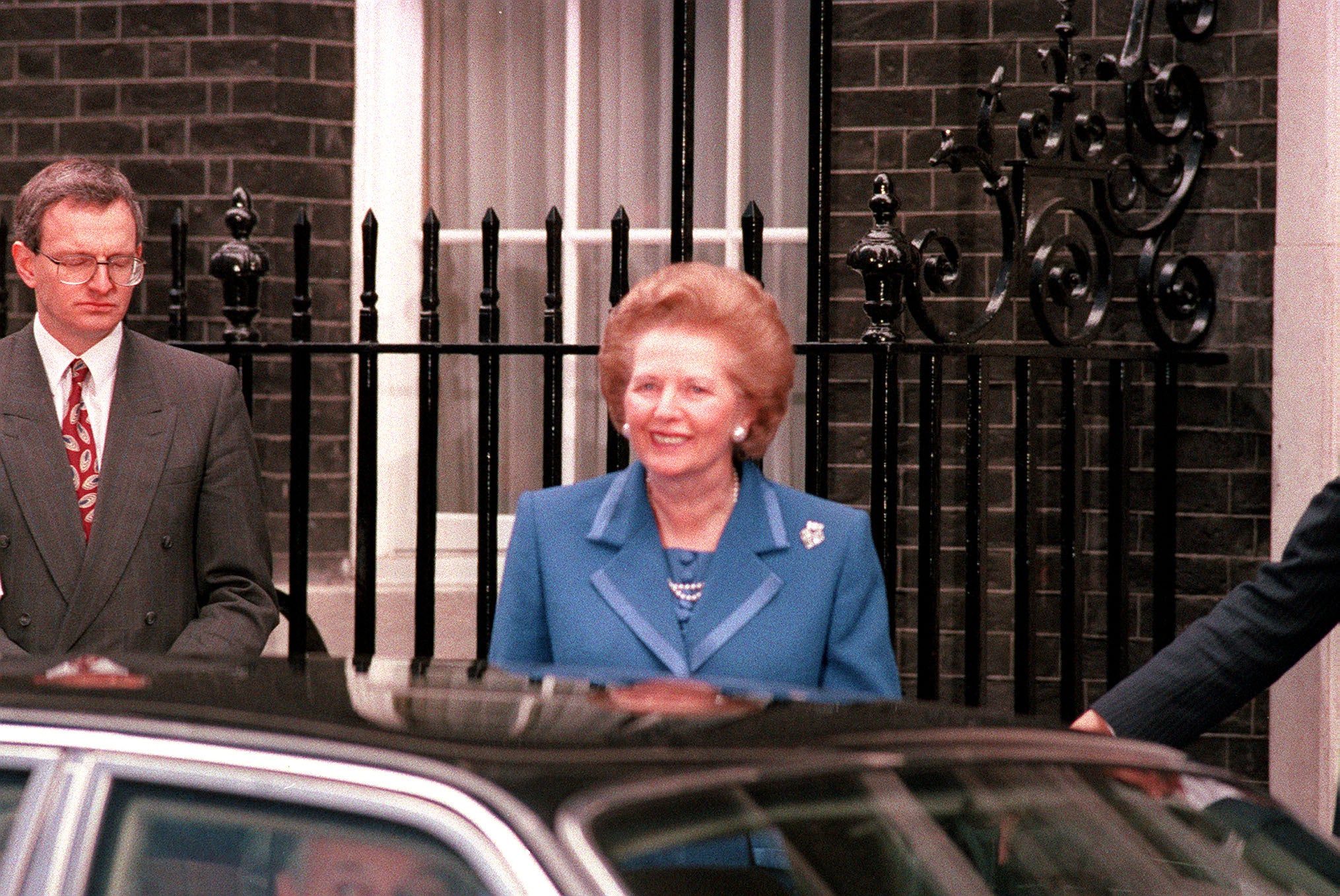Rail strikes and the highest inflation for 40 years – politics has gone back to the 1970s
The rail strikes are proving a headache for Labour and Starmer’s allies fear privately they will damage the party, writes Andrew Grice


Politics has gone back to the Seventies. The biggest rail strikes for a generation and the highest inflation for 40 years, again driven by a hike in oil prices, have sent ministers scurrying to the history books for lessons. “How many of you actually remember the 1970s?” Boris Johnson quipped to his cabinet recently.
In his latest relaunch speech on Thursday, the prime minister warned: “If wages continue to chase the increase in prices then we risk a wage-price spiral such as this country experienced in the 1970s.” However, trade unions rightly argue that energy prices rather than pay increases are pushing up inflation.
Although ministers trumpet that vacancies exceed unemployment for the first time, workers are hardly enjoying a labour market miracle or the “high-wage economy” Johnson promised. Weekly earnings (excluding bonuses) grew by 4.2 per cent annually in the first three months of this year – a 1.2 per cent fall after inflation.
Despite the biggest drop in living standards since 1956 and a Tory decade of austerity, ministers hope to limit public sector pay rises to 2 or 3 per cent – totally unrealistic when inflation is set to hit 10 per cent.
As Johnson fights for his political survival, some Tories believe the rail strikes on 21, 23 and 25 June that will paralyse services for a week could throw him a lifeline. Some of Johnson’s remaining backbench allies even make parallels with Margaret Thatcher’s fight with the miners. Although that is stretching it a bit, one Tory MP told me: “This a big moment for the government. It might just be a turning point. It’s a battle over whether we return to a failed past or get on with the job of ensuring a brighter future.”
Ministers will almost certainly bring in a bill to insist on a minimum level of service during strikes, as promised in the 2019 Tory manifesto, though it would not become law until after this month’s stoppages. The aim: to put the Tories firmly on the public’s side while talking up Labour’s links with the unions, an old Tory trick.
In fact, the unions enjoy much less influence over Labour than they did in the Seventies. They still hold half the votes at the policy-making annual conference and help to fund the party, but there is a shift away from that as big individual donations resume.
Big unions such as Unite were in harmony with Jeremy Corbyn and grate at Keir Starmer’s “not Corbyn” pitch. The RMT, which called this month’s strikes, is on the hard left and no longer affiliated to Labour, but the drivers’ union Aslef, which will also take action, is still in the party’s fold.
The rail strikes are undoubtedly proving a headache for Labour and Starmer’s allies fear privately they will damage the party. “It’s worrying,” one admitted. At first, the opposition tried to dodge the issue, which was never going to be an option. Then it said the strikes shouldn’t go ahead.
Lisa Nandy, the shadow levelling up secretary, tried to support the public and the unions. Inevitably, the Tories seized on that as “Labour-backed rail chaos” and the party had to insist it did not back the strikes. Advisers want Starmer to distance Labour further from them. Labour should support the bill rather than walk into a Tory trap by abstaining to placate left-wing MPs and the unions.
We will see lots of headlines about a “summer of discontent”, and industrial action could also affect BT, Heathrow Airport, bus and local authority services. But the label is overblown. Unions have much less power and far fewer members than the 12 million they had during the 1978-79 “winter of discontent”.
The proportion of the workforce in unions has since halved from one in two to one in four. In 1979, almost 30 million working days were lost due to industrial disputes. The latest figure, for 2019, was 234,000. Transport strikes have less impact when many commuters can work from home.
The economic parallels also have their limits. While a 10 per cent inflation rate feels dramatic, it peaked at 24 per cent in 1975 and pay rises of between 20 and 30 per cent were seen. Unlike the Seventies, this will not be a decade of high inflation; it will probably fall to around 3 per cent in two years.
To keep up to speed with all the latest opinions and comment sign up to our free weekly Voices Dispatches newsletter by clicking here
Ministers, including Rishi Sunak, are studying the impact of the 1973 oil-price shock on inflation and how the Thatcher government came through a similar period of economic turmoil to today’s. Their verdict: keep the governing party united and ensure voters see a consistent narrative about the reasons for the government’s actions, including the need for some harsh medicine.
Johnson looks likely to fail both tests. His party is split down the middle after this week’s not-much-confidence-in-him vote. (He must also worry about a strike closer to home: rebel Tories are threatening “vote strikes” in the Commons as part of their campaign to oust him.)
His scattergun relaunch speech showed he will struggle to find the discipline Thatcher showed; even if interest rates at 17 per cent and three million unemployed were not a price worth paying, she had a consistent message.
The real challenge for today’s government is to prevent 1970s-style stagflation – low growth and high inflation. Johnson or his successor won’t be able to blame that on Labour or the unions.






Join our commenting forum
Join thought-provoking conversations, follow other Independent readers and see their replies
Comments